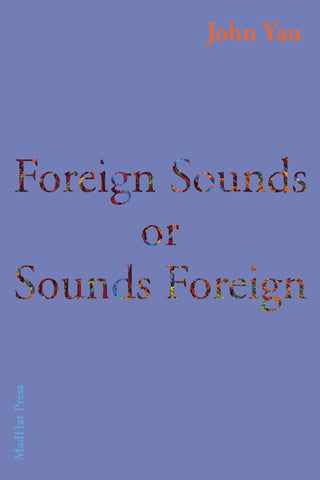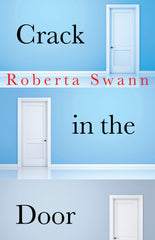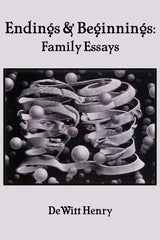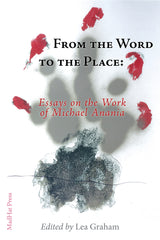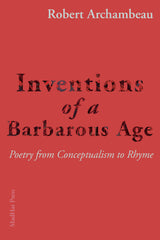Foreign Sounds by John Yau
John Yau has long championed the overlooked, neglected, and misunderstood. Foreign Sounds or Sounds Foreign brings together a selection of reviews and essays touching upon a wide range of subjects. The result is a decidedly alternative view of what to pay attention to–to what might actually be new as opposed to what passes for the new. Yau’s subjects include the film stars, Anna May Wong and Sessue Hayakawa; the poets Clark Coolidge, Marilyn Chin, Christopher Middleton, Donna Stonecipher, and Ed Roberson; the filmmakers Leni Riefenstahl and Patty Chang, the collagist John Ashbery, the novelists Frederick Tuten and Amanda Lee Koe, and the photographers Rudy Burckhardt and Ai Weiwei. No other reviewer has written so astutely about such a wildly diverse range of subjects.
* * *
What artist hasn’t John Yau looked at and thought about? What movie hasn’t he seen? What poet’s or essayist’s works doesn’t he know? Yau, himself a poet of prodigious gifts, is the indispensable flanêur of turn-of-the-century culture, looking at, reading, and watching everything that passes before him. These essays, reviews, and notices are an essential chronicle of our cultural moment. It’s a delight to follow Yau as he brings his keen aesthetic sensibility and stern critical eye to bear on a rich variety of artists, writers, and filmmakers, and shares his findings in a wry, witty prose that never troubles to disguise his scorn for the meretricious and his sheer joyful enthusiasm for the sublime, the ingenious, and the often overlooked profound.
—Mark Scroggins
I read this book with a notebook open beside me and the desktop on my laptop filling up with the downloaded works and links I’d want to, no, need to get to soon. “Sure,” I want to say, “you could go to grad school, or you could—for a lot less money and time and a much more rewarding experience—take this book and just follow up not only on all the works Yau directly addresses but all the enticing vistas and side roads (in the form of allusions) he keeps opening.” Foreign Sounds or Sounds Foreign is, in other words, a whole education, exciting and nourishing and—because what’s collected here is a sharply original and brilliant curriculum—transformative in the best way. Tracing the rhizomatic entanglements that make art emerge from life and vice versa, Yau’s view is at once informed and easy, never losing sight of the way that power shapes culture and never losing a chance to show us how culture can resist power. Whether he’s introducing us to writers and artists we know too little about or showing us the less well known side of someone familiar, Yau improves our vision, bypassing all “false solaces” to get to the only real one: our capacity to attend, connect, and imagine. “Can we reinvent ourselves before it is literally too late?” the author asks in the context of his superb discussion of the work of Ed Roberson: with this collection of wise and generous essays, Yau has conditioned the possibility such a reinvention—and I am more hopeful than I have ever been.
—Laura Mullen
Foreign Sounds or Sounds Foreign delights me. John Yau praises and illuminates accomplishments that are all too often ignored: the poetry (such as that of Clark Coolidge) that “stretches the possibility of a word beyond any of its conventional definitions (or restrictions)” and in which (as in the work of John Godfrey) “sudden animating shifts—like stepping off the curb—compel readers to constantly refocus their attention.” He reminds us of artists whose work, like Patty Chang’s, unfolds “a merciless and ultimately disquieting collision of hilarity, discomfort, and confusion,” so that, as we read of Unica Zürn’s drawings, “Our experience of them is not purely aesthetic.” Yau also introduces us to the Asian actors of Hollywood, who never got to play the hero or whose characters had to die to rescue whiteness, and—although he knows we need “opaque identities”—he reminds us of how evasive we really are when we think we’re engaged in “post-identity” modes of writing. I couldn’t help thinking of some words from a lyricist only mentioned in passing in this book: “So don't fear if you hear,” sang Bob Dylan, “A foreign sound to your ear. It’s all right, Ma, I’m only sighing.”
—Barry Schwabsky
Foreign Sounds or Sounds Foreign
by John Yau
$21.95, paperback, 348pp
ISBN-13: 978-1-952335-01-3

